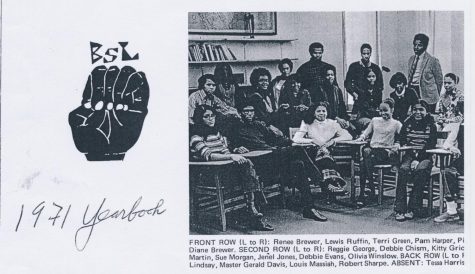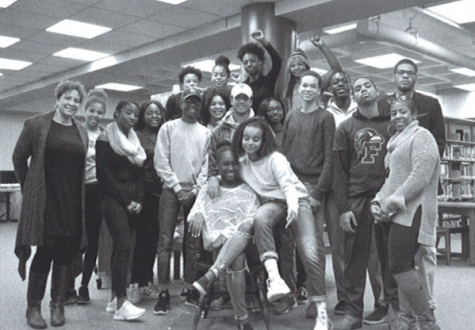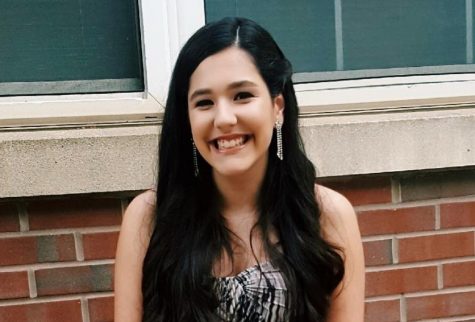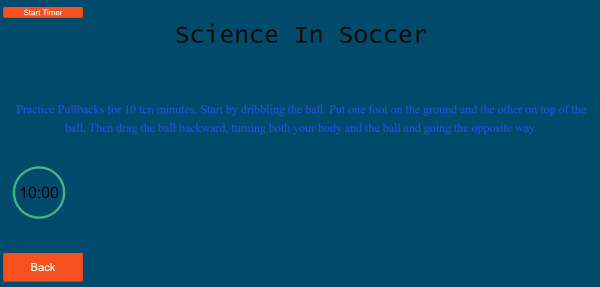Clubs that Change the World: Black Student Union
In 1969, a group of students proposed the idea of a Black Student League to the Board of Trustees, and they were turned down. However, the students did not rest until Friends Select had a Black Student League, and in October of 1970, a town hall was called to discuss the club. From November 1970 to January 1971, the students continued to meet with the Board of Trustees to discuss the club. Finally, on January 12th, 1971, the Black Student League was established.
It wasn’t necessarily smooth sailing from there. First, the BSL lead a successful assembly for Martin Luther King’s birthday and the first Black Cultural Day to teach the Friends Select community about black dance, food and other parts of the culture. After that, the club started to plan a dance on the roof.
After a full month of organizing, the school said that they couldn’t have the dance because of noise problems as well as the fire hazard of smoking. The club also spoke in Devotions, voicing that the dance was a prime opportunity for people around the city to learn about the BSL, and its members asked white students not to come. The Board of Trustees did not like the idea of a segregated dance, especially at a Quaker school. The BSL held another town hall on May 3rd of the same year to discuss the dance with the Board again. They brought up many points about the prejudices against black students at the school; they found a solution to quiet the sound and discovered that smoking on the roof wasn’t a fire hazard. The Board still shot down the idea so the dance was held at a teacher’s yard instead. A statement about the controversy with the party was sent out later that month.
In 1975, the club changed its name to the Minorities Inservice Union. It remained a club to include all minorities until 1994 when the club changed into the Black Student Union as we know it today.
The original goals of the club were to impart qualities of leadership into the members of the club, enhance the curriculum of the school by including Swahili and black history courses and to extend their efforts into the greater Friends Select and Philadelphia communities.
Today, the club’s goals have changed. This year, the club plans to bring in speakers, and organize events, dances, fundraisers. They also have started doing a “black fact” during Devotions to bring awareness to significant black history that not everyone would know about.

The club is also a “space to speak freely with other people who relate to what you are going through,” says club leader Angelica Scotto. For one of the other club leaders, Nyeema Caldwell, the club “helps to provide solutions for me when I am lost or are just there for support. When I need a shoulder to cry on, I have this club and its members. When I fall down, they help me get back up. It is like another family, within our FSS family.”
Part of this BSU “family” are the faculty advisors: Tracy Matthews, Malik Mubashshir, Toni Graves Williamson and Deneen Young. Deneen has been one of these advisors for 16 years. She sees her role as an advisor to “support the students emotionally, socially, and to help them to grow so they can better our communities, inside and outside of Friends Select.”

This historic club still has a place at Friends Select. Issues such as police brutality, systematic discrimination and other issues that some might not even know about, call for a club such as BSU to educate and advocate. As Caldwell says, “It’s important […] for us students to try to educate our peers and teachers on issues that some are unaware of.”

Hey y'all! I'm a senior (Class of '19) at Friends Select and a staff writer at The Falcon! I love to listen to Frank Ocean and Rex Orange County and my...





